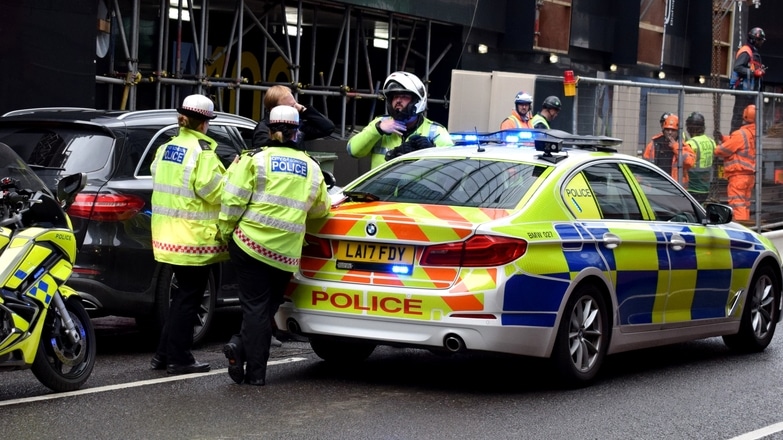
It can be very easy to fall foul of the UK’s drink driving laws, especially when the advice on the acceptable units of alcohol and limits can be confusing.
There are also many factors which can influence the level of alcohol in your blood, including the strength of the drink, whether you have eaten, your weight and even your gender. With such uncertainty ruling how your body absorbs and metabolises alcohol, you may not know how many drinks you can have and still be legally safe to drive.
What is clear is that if you are convicted of drink driving, it can have a devastating effect on your life. Possible penalties include six months’ imprisonment, an unlimited fine and a driving ban for at least one year, or three years if convicted twice in 10 years.
The drug driving laws in the UK carry similar penalties on conviction and are even more complicated, with an array of different maximum limits for prescription drugs or controlled substances, which will see you arrested for drug driving if you surpass them. The limits for all illegal drugs are low: taking even a small amount could put you over the limit.
Tim Ryan, a motoring law specialist at Warners Solicitors in Kent explains what might happen if you are stopped for drink or drug driving.
Drink driving
If the police suspect you of drink driving, they can stop you and require you to provide a breath sample. Penalties for refusing to provide a sample are the same as a conviction for drink-driving. If your breathalyser test proves positive, they can arrest you and require you to provide two samples of breath at the police station.
The legal limit is 35 micrograms of alcohol in 100 millilitres of breath. If the reading is between 40 and 55 you may ask for a sample of blood or urine to be taken and used in evidence instead; these readings tend to be more accurate so this option should always be taken up if available.
Drug driving
If police suspect you of driving while under the influence of illegal drugs, legal drugs that you have not been prescribed, or even drugs that you have been prescribed if they have impaired your ability to drive, they can stop you and require you to undertake a field impairment test. This could involve:
- a non-invasive eye examination;
- balance exercises;
- co-ordination exercises; or
- divided attention exercises.
Some forces also use a mobile preliminary drug testing device that can be used at the roadside which might be used as well as the field impairment test. If cannabis or cocaine is found your saliva using a drug testing wipe, you may be asked to go to a police station and provide an evidential blood sample.
How we can help
The specialist motoring law solicitors at Warners have a wealth of experience at successfully defending accusations of drink or drug driving.
It is important to take legal advice at an early stage so we can explore any evidence that can be presented in your defence before you make your plea. We can examine whether the police have followed the proper procedures and if you need to go to court we can speak on your behalf for any disqualification from driving or any fine to be kept to a minimum.
We offer a free 20-minute telephone consultation to discuss your case and how we can help you, and in many cases are able to offer a fixed fee for representation at court. Visit our road traffic driving offences page to find out more.
For advice on drink or drug driving offences or any other motoring law matter, please contact Tim Ryan on 01732 770660 or t.ryan@warners.law Warners Solicitors has offices in Sevenoaks and Tonbridge, Kent.
This article is for general information only and does not constitute legal or professional advice. Please note that the law may have changed since this article was published.



